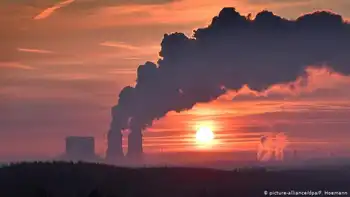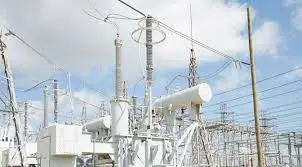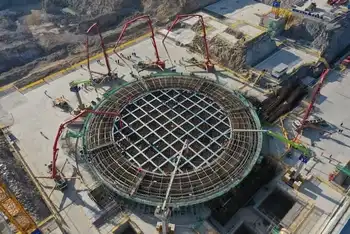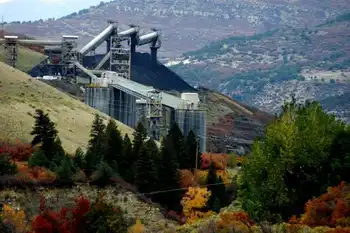Minnesota Signs Deal With Manitoba Hydro
WINNIPEG -- - The Minnesota Public Utilities Commission has unanimously approved a $1.7 billion power export deal with Manitoba Hydro.
It allows Minneapolis-based Xcel Energy to import power from Manitoba Hydro, despite the objections of aboriginal groups.
The 500-megawatt, 10-year deal was given the go-ahead.
It's an extension of an existing deal and will allow power to be exported until 2015.
Approval by Canada's National Energy Board is pending.
The Minnesota decision is a blow to the Pimicikamak Cree Nation of Cross Lake, Manitoba. They had asked the commission to first call a formal hearing into the social and economic impact of historic hydro development on their homeland.
Related News

Carbon capture: How can we remove CO2 from the atmosphere?
BERLIN - CO2 Removal Technologies address climate change via negative emissions, including carbon capture, reforestation, soil carbon, biochar, BECCS, DAC, and mineralization, helping meet Paris Agreement targets while managing costs, land use, and infrastructure demands.
Key Points
Methods to extract or sequester atmospheric CO2, combining natural and engineered approaches to limit warming.
✅ Includes reforestation, soil carbon, biochar, BECCS, DAC, mineralization
✅ Balances climate goals with costs, land, energy, and infrastructure
✅ Key to Paris Agreement targets under 1.5-2.0 °C warming
The world is, on average, 1.1 degrees Celsius warmer today than it was in 1850. If this…




